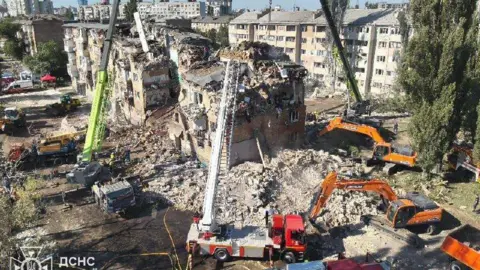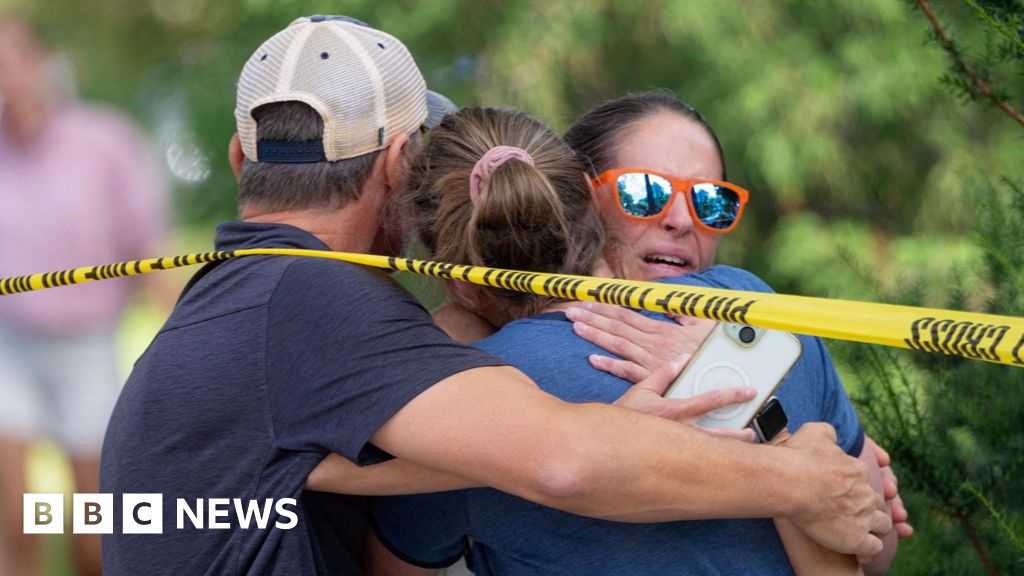Militants Enforce Blockade on Key Senegal-Mali Trade Route Amid Rising Tensions
Islamist militants have set ablaze fuel tankers as they enforce a blockade along critical trade routes connecting Senegal and Mali, exacerbating the ongoing security crisis in the region. Mali's military government is under pressure to address the escalating violence and economic disruption.
The blockade has created significant problems for lorry drivers, who are facing ambushes and attacks. This is leading to severe supply chain issues in a landlocked country already struggling with economic challenges. Prime Minister Abdoulaye Maïga has acknowledged the severity of the situation and indicated that security measures are being implemented to address the ambushes and arson attacks.
According to analysts, the objective of the al-Qaeda-linked militants is to intensify their blockade on the capital, Bamako, and to exert pressure on the Malian government by undermining its economic stability.
Background of the Blockade
The blockade reportedly began after the kidnapping of six Senegalese lorry drivers at the beginning of September along the Dakar-Bamako corridor. This is a tactic used before by the Islamist group Jama'at Nusrat al-Islam wal-Muslimin (JNIM) and reflects an increase in the scale of disruptions.
JNIM militants have set up checkpoints and burned transport vehicles, leading to massive economic setbacks. Entire villages have been impacted, with local markets closed and public transport halted. The group's increased activity reflects a strategic shift, focusing on economic disruption rather than just military engagements.
Military Response and Implications
The Malian army's initial responses downplayed the impact of the blockade, labeling reports as an information war orchestrated by foreign media. However, this has not alleviated fears within affected communities. Despite the military’s claims of conducting operations against JNIM, locals continue to face intimidation and restrictions from the militants.
Kayes, a region crucial for trade and resource production, has seen a significant drift in security, with the blockade threatening to destabilize the local economy and isolate Bamako. The region is critical as it accounts for much of Mali's gold production and supplies essential goods.
Experts warn that if the blockade continues, it could evolve into a severe disruption of trade between Mali and Senegal, with negative effects rippling through the region. The future of regional stability depends on addressing these escalating threats and restoring control over critical supply routes.




















